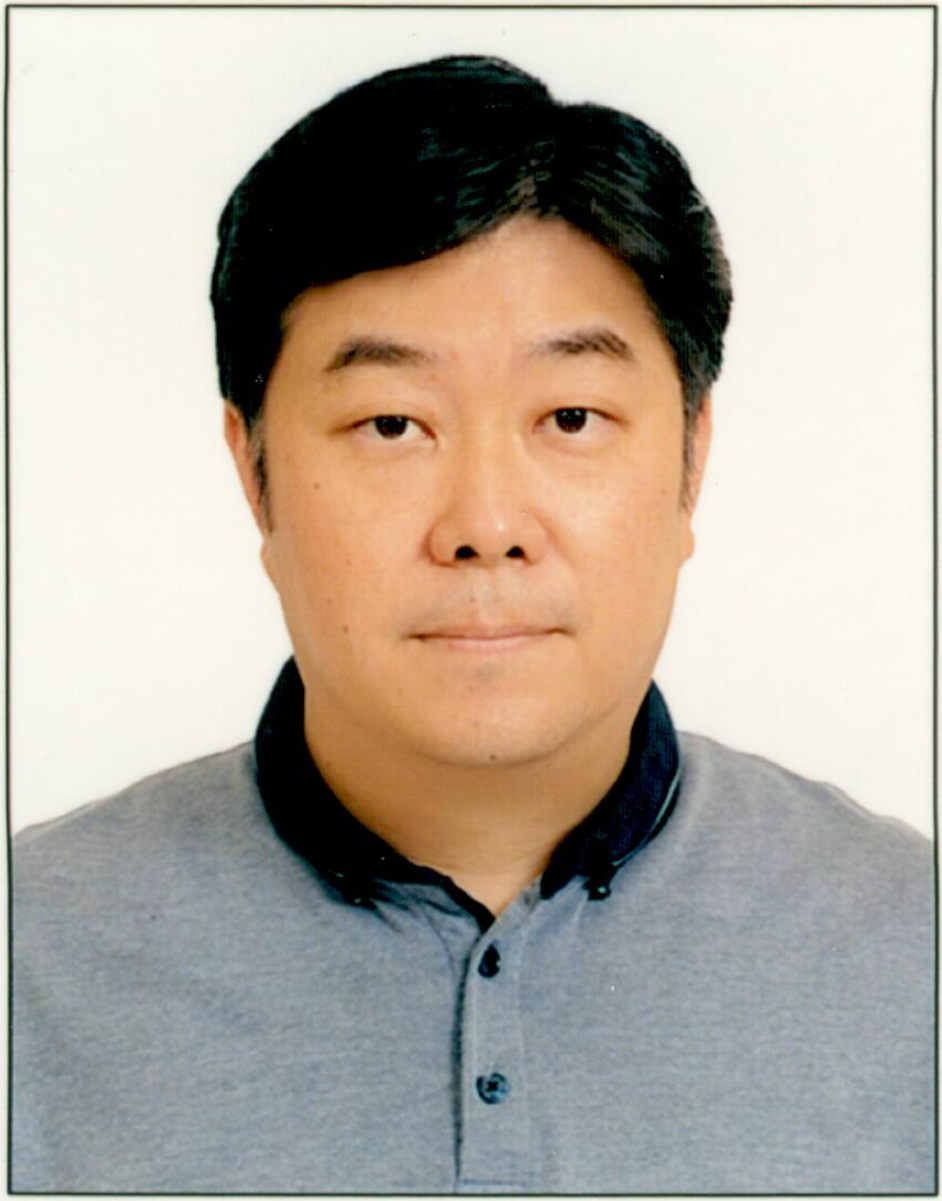Autonomous driving is on the verge of revolutionizing the transportation system and significantly improving the well-being of people. An autonomous vehicle relies on multiple sensors and AI algorithms to facilitate sensing and perception for navigating the world. As the automotive industry primarily focuses on increasing autonomy levels and enhancing perception performance in mainly benign environments, the security and safety of perception technologies against physical attacks have yet to be thoroughly investigated.
This project aims to radically transform traffic management, emergency response, and urban planning practices via predictive analytics on rich data streams from increasingly prevalent instrumented and connected vehicles, infrastructure, and people. Road safety and congestion are a formidable challenge for communities. Current incident management practices are largely reactive in response to road user reports. With the outcome of this project, cities could proactively deploy assets and manage traffic.
Cyber-physical systems such as self-driving cars, drones, and intelligent transportation rely heavily on machine learning techniques for ever-increasing levels of autonomy. In the example of autonomous vehicles, deep learning or deep neural networks can be employed for perception, sensor fusion, prediction, planning, and control tasks. However powerful such machine learning techniques have become, they also expose a new attack surface, which may lead to vulnerability to adversarial attacks and potentially harmful consequences in security- and safety-critical scenarios.
Cancer remains the second leading cause of death in the US. Immunotherapy is a cancer treatment that aims to help the body?s immune system fight cancer. While excellent responses have been observed for a large number of patients with varying disease types, a considerably larger number of patients have received little to no benefit from immunotherapy. This varied outcome has been attributed to the highly heterogeneous physical and physiological profile within and around tumors that suppress the immune system?s response.
With the advent of ubiquitous connectivity, large-scale data collection, and the remarkable successes of data driven artificial intelligence (AI) in recent years, we have come to a turning point. The time is ripe to consider how advanced data-driven AI technology will impact networked dynamical systems involving both human and machine agents together with physical infrastructure. This symposium will bring together leading experts from academia, government and industry to help identify promising directions in research and education at this nexus.
The understanding of designing structured surfaces for advanced functionality, such as friction reduction, antifouling, and hydrophobicity, has significantly progressed over the years; however, the critical technical barrier to the application of these structured surfaces is the scalability in manufacturing capability. The biggest challenge in surface patterning is the process scalability, which needs to reconcile the significant scale difference between the individual feature size down to the nano- or micro-level and the large surface-to-be-textured up to the meter level.
Large-scale systems with societal relevance, such as power generation systems, are increasingly able to leverage new technologies to mitigate their environmental impact, e.g., by harvesting energy from renewable sources. This NSF CPS project aims to investigate methods and computational tools to design a new user-centric paradigm for energy apportionment and distribution and, more broadly, for trustworthy utility services. In this paradigm, distributed networked systems will assist the end users of electricity in scheduling and apportioning their consumption.
The purpose of this project is to develop new methods to increase the efficiency of freight activity, thereby reducing air pollution and greenhouse gas emissions associated with the freight sector. There are widespread inefficiencies in the freight transport system, many due to lack of coordination across actors in the system: railroads and trucking firms, shipping companies, cargo owners, and port operators. There is a need for a centrally coordinated freight management system that will optimize the flow of freight across the rail and road transportation networks.
Petros A. Ioannou received the B.Sc. degree with First Class Honors from University College, London, England, in 1978 and the M.S. and Ph.D. degrees from the University of Illinois, Urbana, Illinois, in 1980 and 1982, respectively. In 1982, Dr. Ioannou joined the Department of Electrical Engineering-Systems, University of Southern California, Los Angeles, California. He is currently a Professor in the same Department and the Director of the Center of Advanced Transportation Technologies and Associate Director for Research of METRANS, a University Transportation Center. He also holds a courtesy appointment with the Department of Aerospace and Mechanical Engineering and the Department of Industrial Engineering. His research interests are in the areas of adaptive control, neural networks, nonlinear systems, vehicle dynamics and control, intelligent transportation systems and marine transportation. Dr. Ioannou was the recipient of the Outstanding Transactions Paper Award by the IEEE Control System Society in 1984 and the recipient of a 1985 Presidential Young Investigator Award for his research in Adaptive Control. In 2009 he received the IEEE ITSS Outstanding ITS Application Award and the IET Heaviside Medal for Achievement in Control by the Institution of Engineering and Technology (former IEE). In 2012 he received the IEEE ITSS Outstanding ITS Research Award and in 2015 the 2016 IEEE Transportation Technologies Award. Dr. Ioannou is a Fellow of IEEE, Fellow of International Federation of Automatic Control (IFAC), Fellow of the Institution of Engineering and Technology (IET), and the author/co-author of 8 books and over 300 research papers in the area of controls, vehicle dynamics, neural networks, nonlinear dynamical systems and intelligent transportation systems.
This Cyber-Physical Systems (CPS) grant will advance structural health monitoring of concrete structures by relying on data acquired by a novel sensing technology with unprecedented scalability and spatial resolution. Modern society depends critically on sound and steadfast functioning of a variety of engineering structures and infrastructures, such as bridges, buildings, pipelines, geotechnical structures, aircrafts, wind turbines, and industrial facilities.


